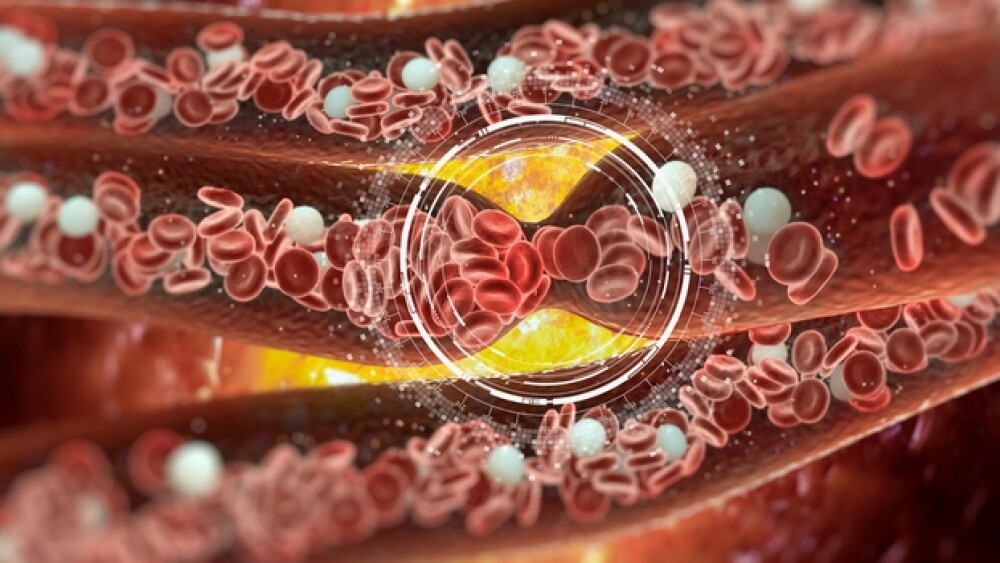A study published by researchers from The Mount Sinai Hospital/Mount Sinai School of Medicine on May 6 revealed that blood thinners may slow down clotting in patients with COVID-19, ultimately improving their chances of survival.
A study published by researchers from The Mount Sinai Hospital/Mount Sinai School of Medicine on May 6 revealed that blood thinners may slow down clotting in patients with COVID-19, ultimately improving their chances of survival.
Their research, which appeared in the Journal of the American College of Cardiology, closely looked at anticoagulants as a form of treatment for COVID-19 patients once they have been admitted to the hospital for symptoms. The anticoagulants improved outcomes both in and out of the intensive care unit. In addition, the researchers also discovered that the difference in bleeding events among patients treated with and without anticoagulants was not significant.
“This research demonstrates anticoagulants taken orally, subcutaneously, or intravenously may play a major role in caring for COVID-19 patients, and these may prevent possible deadly events associated with coronavirus, including heart attack, stroke, and pulmonary embolism,” says senior corresponding author Valentin Fuster, MD, PhD, Director of Mount Sinai Heart (the nation’s number six ranked hospital in Cardiology/Heart Surgery) and Physician-in-Chief of The Mount Sinai Hospital. “Using anticoagulants should be considered when patients get admitted to the ER and have tested positive for COVID-19 to possibly improve outcomes. However, each case should be evaluated an individualized basis to account for potential bleeding risk.”
This study came after the publication of a report from researchers at the Icahn School of Medicine at Mount Sinai, which showed that a large number of people hospitalized with COVID-19 often develop high levels of life-threatening blood clots. To conduct their research, investigators evaluated the records of 2,773 confirmed COVID-19-positive patients admitted to five hospitals in the Mount Sinai Health System in New York City between March 13 and April 11, 2020. The survival rates of patients placed on blood thinners versus those who were not were analyzed by the researchers.
Out of the COVID-19 patients analyzed, 28% received a full-treatment dose of anticoagulants, which is higher than what is usually given for blood clot prevention. The researchers associated the treatment with improved hospital survival among the COVID-19 patients.
“This study is opening the door for a more extensive study that will be carried out with 5,000 COVID-19-positive patients, where we will evaluate the effectiveness of three types of antithrombotic therapy -- oral antithrombotic, subcutaneous heparin, and intravenous heparin -- and then perhaps engage our data for prospective clinical trials,” says senior author Girish Nadkarni, MD, Co-Director of the Mount Sinai COVID Informatics Center. “We are excited about these preliminary results that may have a positive impact on COVID-19 patients and potentially give them a greater chance of survival, although more studies are needed.”
The continued adoption of Novel Oral Anticoagulants (NOACs) is expected to boost market growth. Since the introduction of anticoagulant antidotes into the market dating back to 2015, the acceptance of NOACs has increased. Xarleto and Eliquis, for example, are two anticoagulants that are becoming more preferred by physicians. Sales of Eliquis increased by 140.3% as a result of an increase in demand for NOACs globally, while Xarleto reported a year-over-year growth of about 10% in 2015.





